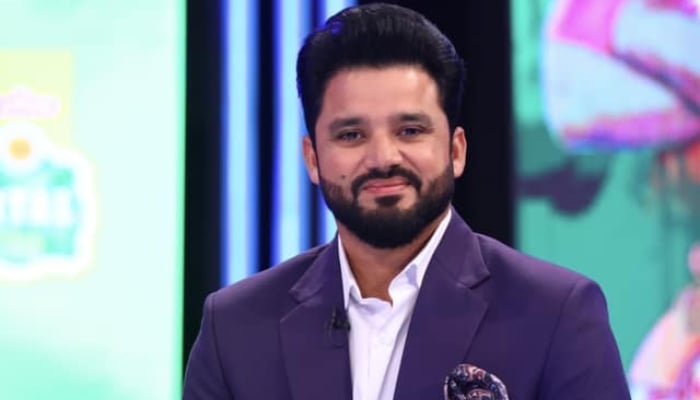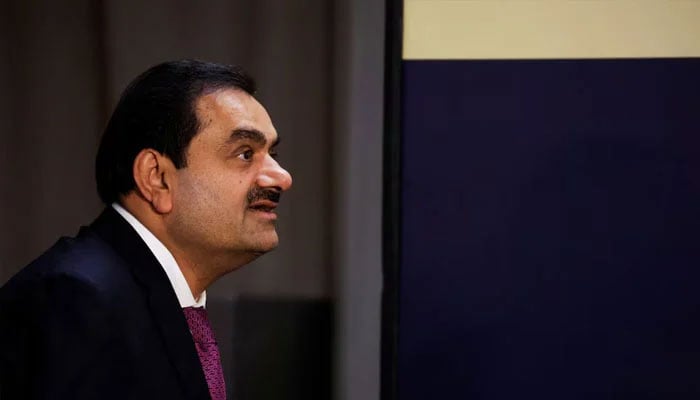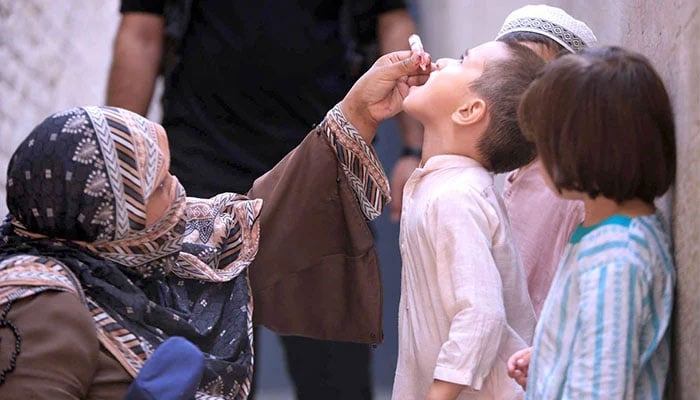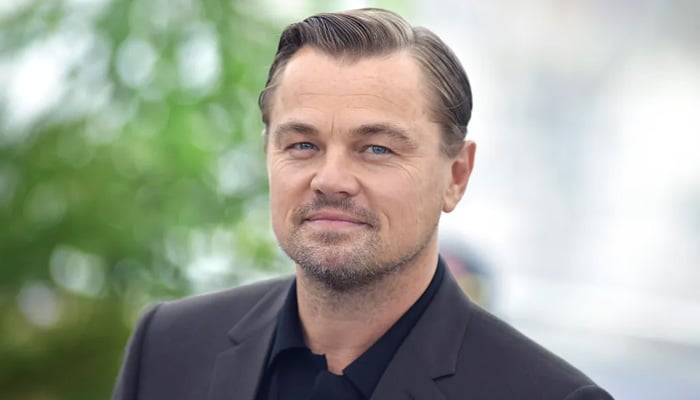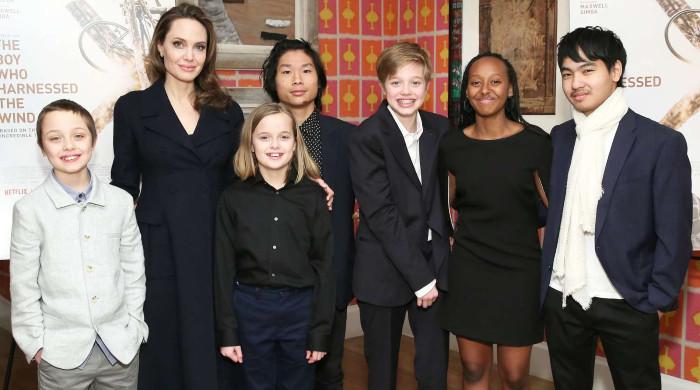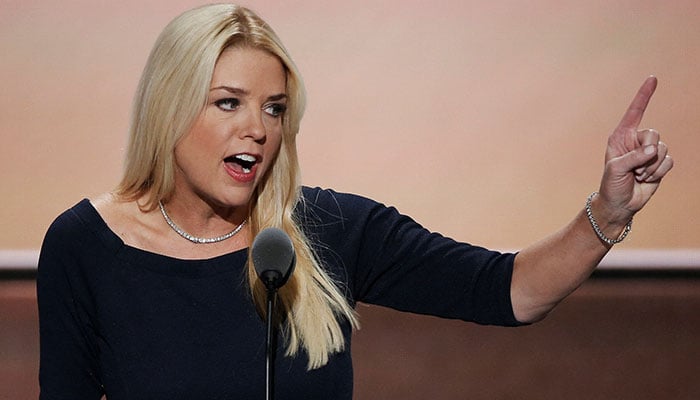
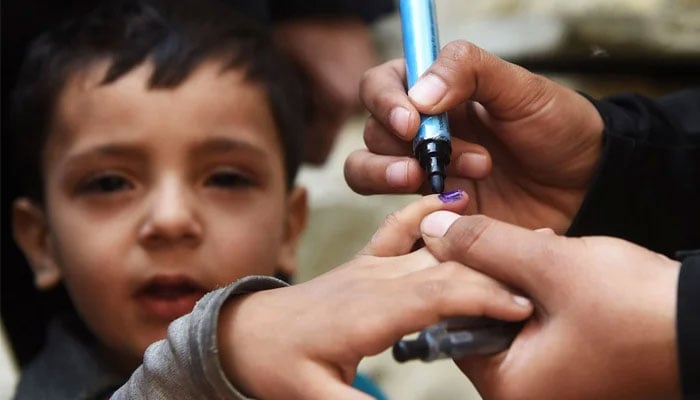
- NIH says type 1 (WPV1) of wild poliovirus detected in Islamabad.
- Highly infectious disease mainly affects children under age of five.
- Official regrets parents don't always open their doors to vaccinators.
As the authorities continue to struggle to wipe out poliovirus from the country, Islamabad on Friday reported its first case of the crippling disease in 16 years, taking Pakistan's tally to 17 this year.
Polio is a highly infectious disease caused by virus mainly affecting children under the age of five years, who are malnourished or have weak immunity because of being under-vaccinated or not vaccinated for polio and other childhood diseases.
The illness invades the nervous system and causes paralysis or even death. While there is no cure for polio, vaccination is the most effective way to protect children from this crippling disease.
Despite rigorous efforts by the government towards eradication of the disease, Pakistan remains in the grip of poliovirus. It is one of the two remaining polio-endemic countries in the world, along with Afghanistan, and the number of cases on a yearly basis has significantly dropped in the country.
According to the Regional Reference Laboratory for Polio at the National Institute of Health, the 17th case of 2024 was reported from the federal capital when a child from Union Council Rural 4 of Islamabad was paralysed by type 1 (WPV1) of the viral disease.
The environmental samples from the capital city and neighboring Rawalpindi district have been positive for WPV1 since June, underscoring the persistent threat of polio to children’s well-being.
“It is incredibly heartbreaking that another Pakistan child has been affected by a disease that has no cure but is entirely preventable with the help of an easily accessible vaccine,” said Prime Minister’s Focal Person for Polio Eradication Ayesha Raza Farooq.
She added that in view of the intense outbreak of poliovirus in the country, the Polio Programme has held in-depth consultative sessions with the provinces and districts to implement plans to improve all aspects of polio eradication activities, starting from a polio campaign beginning next week.
“From September 9 onwards, polio teams will go house-to-house in 115 districts to vaccinate more than 33 million children under five,” she said. “This virus does not discriminate. Wherever it finds a child with weak immunity, it will attack. Parents must understand the urgency of ensuring that their children receive polio drops and are up to date on their routine immunisation.”
Muhammad Anwarul Haq, Coordinator of the National Emergency Operations Centre for Polio Eradication, said the polio programme is launching this targeted vaccination campaign from September 9, particularly in districts where the virus has been detected and where the risk of continued transmission and spread is really high.
“We’re ramping up efforts to reach every child with polio vaccines, including in Islamabad. We have a collective responsibility to protect the health and wellbeing of our children from crippling diseases such as polio.”
He reiterated that unfortunately, parents have not always welcomed and opened their doors to the vaccinators when they visit their homes. “I encourage all parents and caregivers to make sure your children are not missed when the vaccinators visit your house next week."
Before the latest case, 12 cases were reported from Balochistan, three from Sindh and one from Punjab earlier this year.

